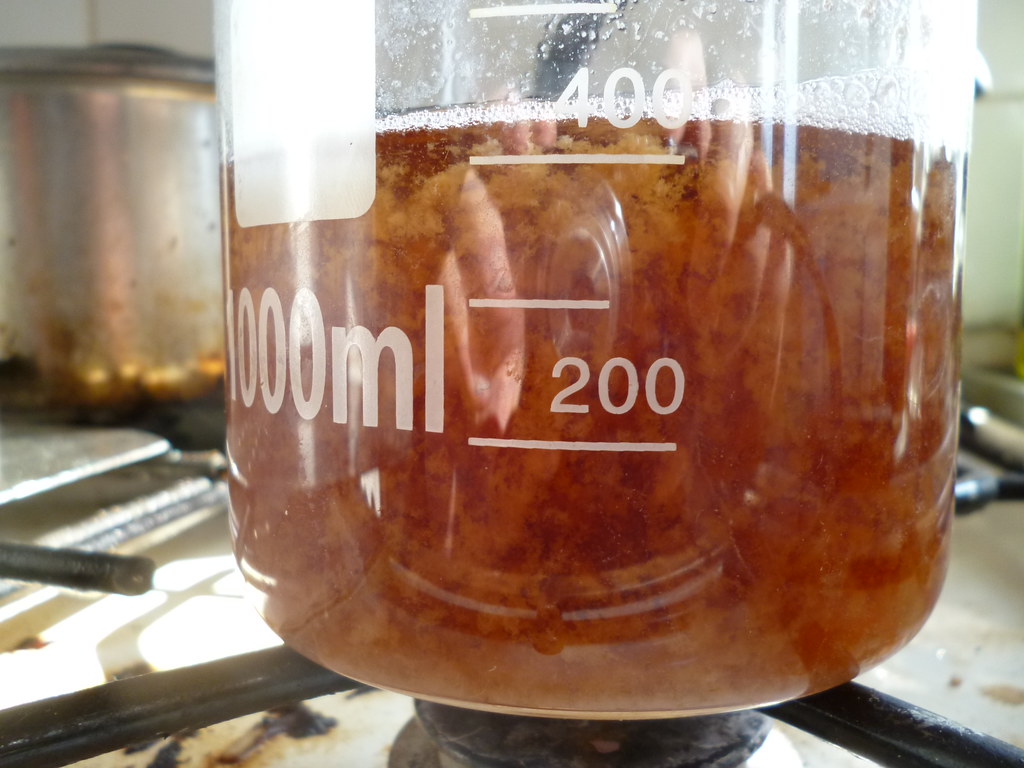Hi all. Another newbie question following my previous Goldings and Northern Brewer hops query.
I've got my beer brewing away fine in the FV - unfortunately it's not as light in colour as I'd hoped. Not that it's a problem but I was wondering if I hadn't have boiled the medium spray malt and the can of light liquid malt would it have not become quite so dark? I was going for more of a golden coloured English pale ale but it's more of a dark amber.
This leads me to my main question: Could I just boil hops in plain water with none of the malt added? (I'm not advanced enough yet for AG) What is the main purpose of adding the extract in with the hops?
Sorry if this sounds like a stupid question. I was thinking about sterilisation but isn't spraymalt and tinned liquid malt already strerilised? And if it's gonna darken the beer during the boil why can't I chuck it all in at the end?
As a relative beginner I'm sure I'm missing something here so it would be great to learn a bit more about this from you experts out there! Cheers
I've got my beer brewing away fine in the FV - unfortunately it's not as light in colour as I'd hoped. Not that it's a problem but I was wondering if I hadn't have boiled the medium spray malt and the can of light liquid malt would it have not become quite so dark? I was going for more of a golden coloured English pale ale but it's more of a dark amber.
This leads me to my main question: Could I just boil hops in plain water with none of the malt added? (I'm not advanced enough yet for AG) What is the main purpose of adding the extract in with the hops?
Sorry if this sounds like a stupid question. I was thinking about sterilisation but isn't spraymalt and tinned liquid malt already strerilised? And if it's gonna darken the beer during the boil why can't I chuck it all in at the end?
As a relative beginner I'm sure I'm missing something here so it would be great to learn a bit more about this from you experts out there! Cheers







































![BREWING THERMOMETER STICKERS ACCURATELY MONITOR FERMENTING BEER & WINE LIQUID TEMPERATURES 5PCS HOME BREW SPIRITS WINE LCD ADHESIVE [US]](https://m.media-amazon.com/images/I/311DDjo2X3L._SL500_.jpg)



